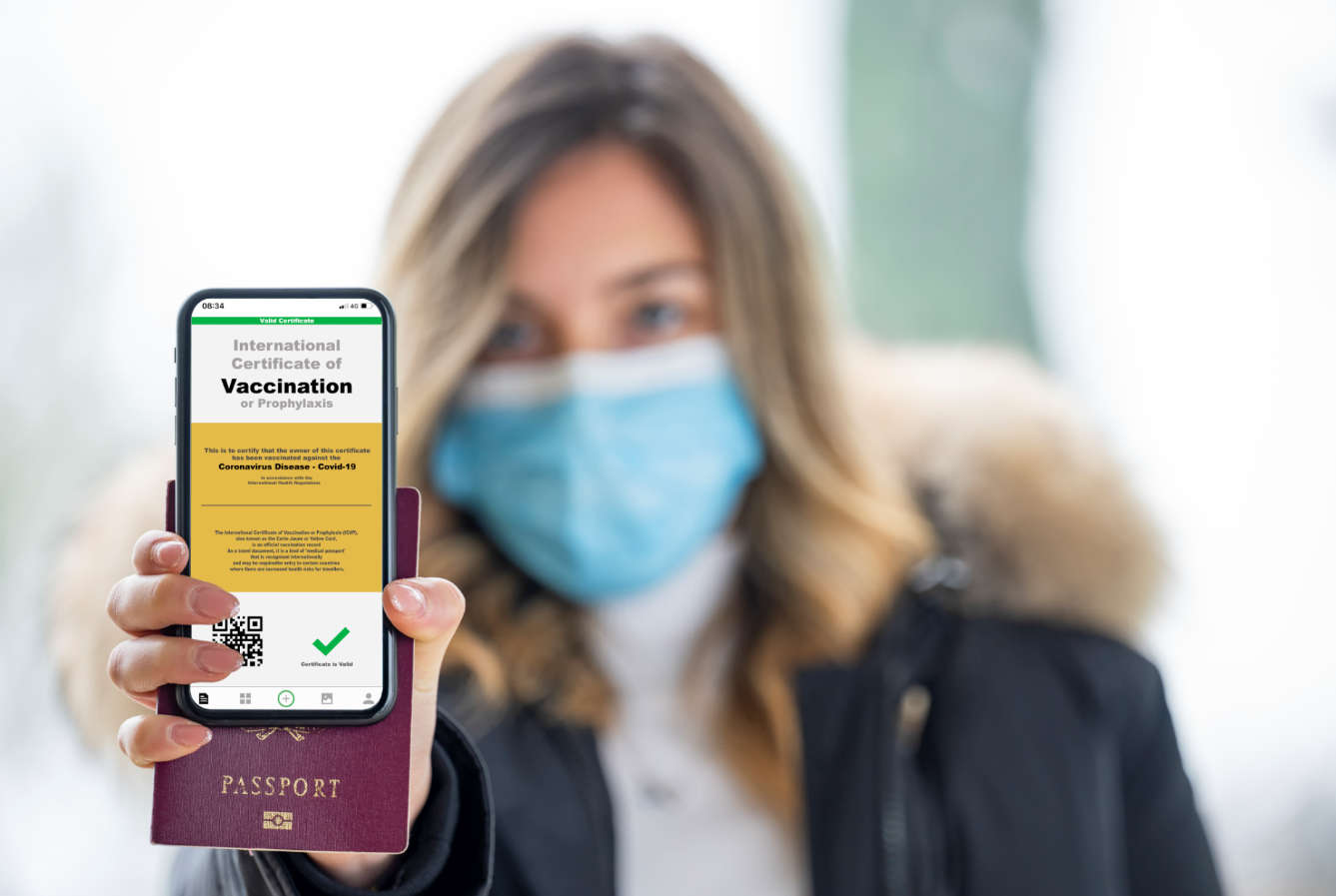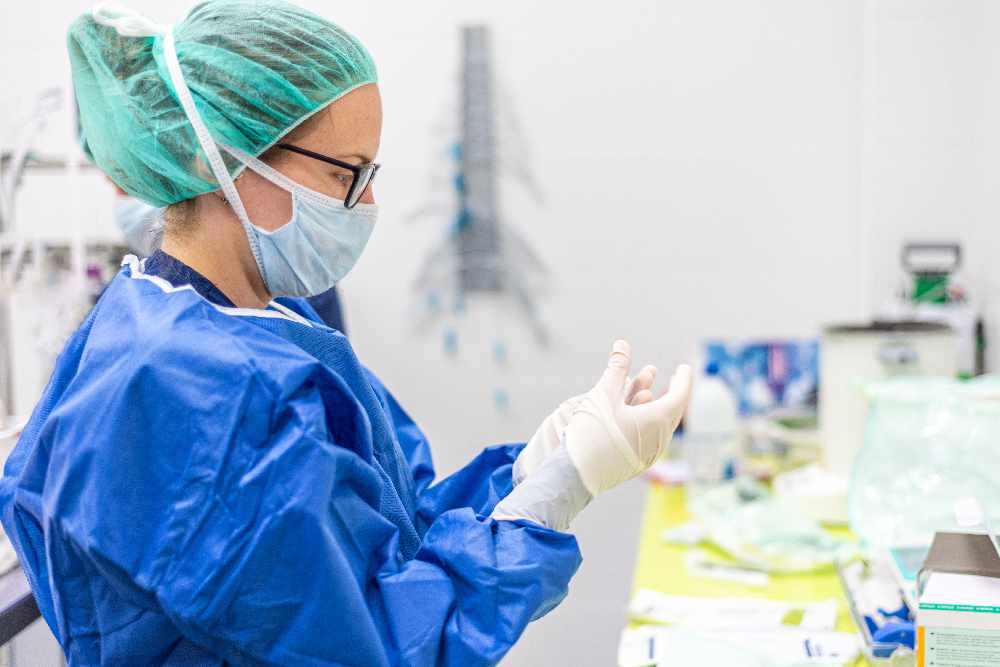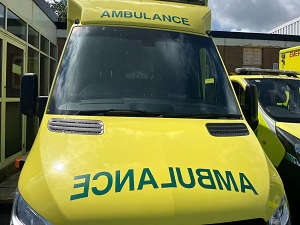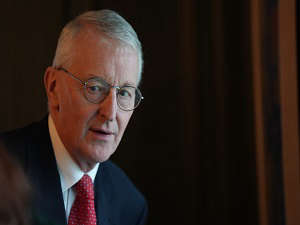
By Rebecca Black, PA
Concern has been expressed ahead of the further relaxation of coronavirus regulations in Northern Ireland while infection rates remain high.
Nightclubs are to be allowed to reopen on Sunday for the first time since the start of lockdown, and social distancing in pubs and restaurants will be reduced to guidance.
Daily infection rates have remained over 1,000 since July, and hospitals are this week at over 100% occupancy.
Dr Frances O’Hagan from the British Medical Association said medics are “very concerned”, and expressed her condolences to the families of the 32 people who have died with Covid-19 in the last week.
She has advocated the use of Covid-19 vaccination passports, which has divided the Stormont Executive, with ministers unable to agree to make them mandatory in hospitality venues.

Getty Images
“We as medics are very concerned about the situation that is facing us at the minute,” she told the BBC Radio Ulster’s Stephen Nolan Show.
“In both our hospitals and in our primary care we are really, really stretched. In the past week we have been operating at 107% in our hospitals. The hospitals are 100% full and there are 7% extra people in hospitals who don’t have a bed.
“Last week in primary care we saw 240,000 people, that’s over 20,000 people per day. That is unprecedented. That is way over and above what we were seeing pre-pandemic.
“Primary care is anything but closed, we are stretched to the limit with Covid, with respiratory illnesses and with all the other things that you cannot get into the hospitals because our hospitals are full. All the people on those waiting lists who are in pain waiting on their operation and cannot get in because the beds are full.”
Dr O’Hagan said the planned relaxations of restrictions “make no sense”, and queried why vaccine passports are not being made mandatory.
“I understand we need to get the economy going again, I understand nightclubs have been closed and they need to get back, and whatever it means learning to live with this virus, but if we look around us and look at other jurisdictions and countries, we can see that they are opening up the sector but they’re doing it in such a way they are looking to see who is vaccinated and who isn’t, because you have got to remember, our 18 to 29-year-olds – one in four are not vaccinated.
“Those are the people likely to go to the nightclubs, so are we really saying that it makes sense to let all those people into the nightclubs without looking at their vaccination (status)?
“If you’re vaccinated you have less chance of getting Covid. If you do happen to get it while vaccinated you have a much lower chance of spreading it, you have a much lower chance of getting long Covid and you have a much lower chance of being admitted to hospital.
“Absolutely open up sectors, absolutely get the economy going, but do it in a safe manner.”

Getty Images
Colin Neill from Hospitality Ulster said that even if the sector was not open, there would be likely to to be house parties on Halloween night on Sunday.
He said his organisation is encouraging the industry to adopt guidance issued by the Stormont Executive.
“We are doing our bit, but if we’re looking at further restrictions, why just hospitality? Why not areas where we know there is higher risk as well?” he said.
“I appreciate there are huge challenges ahead, but all the responsibility cannot be placed on hospitality. We have have had extensive regulations through this and indeed the Executive has asked, and we will encourage the industry to use Covid passes.”

Colin Neill Chief Executive of Hospitality Ulster
Mr Neill described vaccine passports as “incredibly complex”, with “lots of legal implications”.
The SDLP’s health spokesperson called for daily figures to be published showing the number of hospital patients with Covid-19 who have not been vaccinated.
Colin McGrath said Northern Ireland is lagging behind the rest of the UK in terms of vaccine uptake, and contended that such figures could encourage more to get a jab.
“The evidence comes out periodically from the department, that evidence is showing us that there are increasing numbers of people in hospital, being hospitalised by Covid, that are unvaccinated,” he said.
“Your opportunity of being hospitalised is significantly higher if you’re not vaccinated and I think that’s a message that we need to drive home to people.”


 O’Neill praises Pope’s commitment to peace as she confirms funeral attendance
O’Neill praises Pope’s commitment to peace as she confirms funeral attendance
 Woman suffers ‘traumatic ordeal’ in roadside robbery in Newry
Woman suffers ‘traumatic ordeal’ in roadside robbery in Newry
 Shock over record number of attacks on ambulance crew
Shock over record number of attacks on ambulance crew
 Police investigate petrol bomb attack at Co Antrim flat
Police investigate petrol bomb attack at Co Antrim flat
 Benn to discuss legacy issues with Harris at Hillsborough Castle
Benn to discuss legacy issues with Harris at Hillsborough Castle